Robert Franklin Foley is a retired U.S. Army lieutenant general whose heroic actions in the Vietnam War earned him the prestigious Medal of Honor. Throughout a remarkable military career spanning 37 years, Foley exemplified leadership, courage, and dedication. His heroism during Operation Attleboro, particularly in a daring assault on November 5, 1966, remains a defining moment in his life. Beyond his wartime bravery, Foley's contributions to the military and civilian spheres underscore his lasting legacy. This blog will explore Foley's life journey, his military service, and his post-retirement career.

Early Life and Struggles: Born on May 30, 1941, Robert Franklin Foley displayed an early interest in leadership and service. Raised with a sense of duty, Foley pursued education with a goal of making a meaningful contribution to his country. His journey led him to the United States Military Academy at West Point, where he graduated in 1963. Like many young officers at the time, Foley faced the intense pressures of a military career shaped by the realities of the Cold War and the escalating conflict in Vietnam. Despite the challenges, Foley’s determination and perseverance would set the stage for his future accomplishments.
Military Enlistment and Heroics: Upon graduation from West Point, Foley was commissioned as an infantry officer, joining the U.S. Army at a time when American involvement in Vietnam was ramping up. His combat experiences in South Vietnam would prove to be some of the most defining moments of his career. In 1966, while serving as the commander of Company A, 2nd Battalion, 27th Infantry Regiment, 25th Infantry Division, Foley led his men in a fierce battle during Operation Attleboro. The enemy forces were well entrenched, and the situation was dire. However, Foley’s bravery and quick decision-making changed the tide of the battle.
Defining Moment: On November 5, 1966, during Operation Attleboro, Foley’s leadership and courage were put to the ultimate test. His company was tasked with rescuing another unit that was pinned down by a heavily fortified enemy force. As they approached the enemy, Foley’s unit came under intense fire. Without hesitation, Foley rushed to the front lines to direct the attack, personally leading the charge. He repeatedly exposed himself to danger, rallying his troops and even manning a machine gun when one of his gunners was wounded. Despite being injured by an enemy grenade, Foley refused medical aid and continued to press forward, personally destroying several enemy gun positions. His actions saved numerous lives and led to the success of the mission, earning him the Medal of Honor for his extraordinary valor.
Post-War Life and Career: After his heroic service in Vietnam, Foley continued to rise through the ranks of the Army. His leadership roles included command positions within the 3rd Infantry Division in West Germany, serving as the chief of staff for the 7th Infantry Division at Fort Ord, and later becoming the Commandant of Cadets at West Point. Foley’s distinguished career saw him hold various high-ranking positions, including deputy commanding general of the Second U.S. Army and commanding general of the United States Army Military District of Washington. He retired as a lieutenant general in 2000, but his contributions to military service did not end there. Foley became president of Marion Military Institute in Alabama, fostering growth and national recognition for the institution. Later, he served as the director of Army Emergency Relief, continuing his commitment to serving soldiers and their families.
Military Awards and Decorations: Foley’s service and bravery were recognized with numerous military awards. His Medal of Honor stands as the pinnacle of his accolades, but his commendations go beyond wartime heroics. His decorations include two Army Distinguished Service Medals, the Defense Superior Service Medal, six Legions of Merit, the Bronze Star, and the Purple Heart. Additionally, Foley earned five Meritorious Service Medals, the Combat Infantryman’s Badge, the Parachutist Badge, and the Ranger Tab. These honors reflect his exceptional dedication to the military and his nation, both in times of peace and in war.
Conclusion: Robert Franklin Foley’s life is a testament to unwavering dedication, courage under fire, and service to the nation. From his early days at West Point to his defining moment in Vietnam, and throughout his distinguished military career, Foley exemplified the highest standards of leadership and sacrifice. Even after his retirement, Foley continued to impact the military community through educational leadership and humanitarian efforts. His legacy as a Medal of Honor recipient and a lifelong servant of his country serves as an enduring inspiration for future generations.
